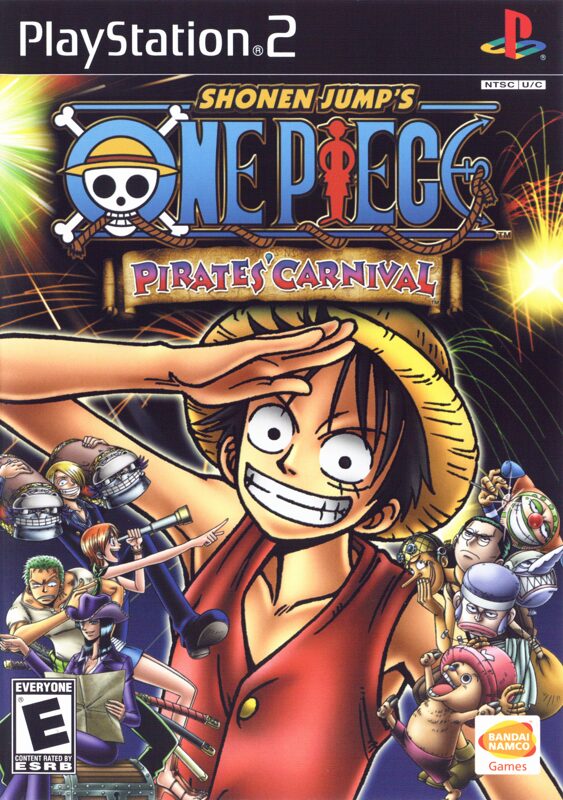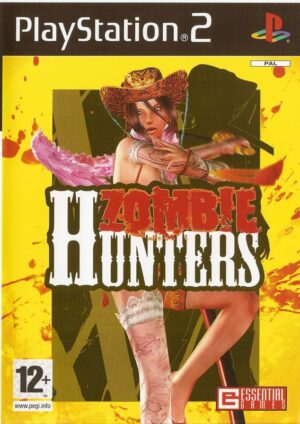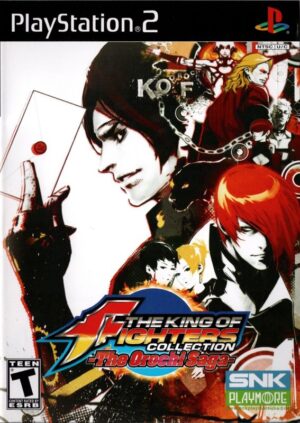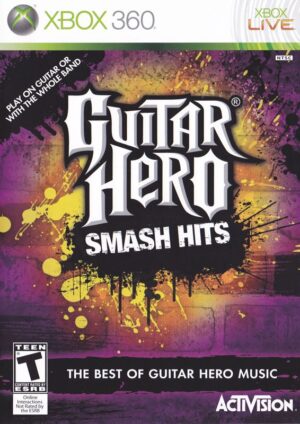Retro Replay Review
Gameplay
One Piece: Pirates’ Carnival embraces the classic board‐game‐meets‐mini‐game formula that fans of party titles know well. Players select from an initial roster of seven beloved characters—including Luffy, Nami, Zoro and Robin—and embark on different themed boards filled with branching paths, traps and bonus spaces. Movement and strategy on the board are straightforward, allowing newcomers to jump in quickly, while dedicated fans can chart optimal routes to maximize event triggers and item pickups.
(HEY YOU!! We hope you enjoy! We try not to run ads. So basically, this is a very expensive hobby running this site. Please consider joining us for updates, forums, and more. Network w/ us to make some cash or friends while retro gaming, and you can win some free retro games for posting. Okay, carry on 👍)
The heart of the experience lies in over thirty unlockable mini‐games, each varying in complexity and style. Many clearly pay homage to established titles—some feel lifted straight from the Mario Party series, while others resemble classic memory challenges like Concentration or seek‐and‐find puzzles reminiscent of Where’s Waldo?. Despite this, each mini‐game is dressed in One Piece’s vibrant aesthetic, and familiar face cards, voice clips or rare items await those who conquer them.
Beyond the standard board game mode, Pirates’ Carnival offers a main story mode that weaves mini‐game challenges into a loose narrative framework, propelling you from one island to the next. There’s also a free‐play mini‐game collection for quick pick‐up sessions, plus a versus mode supporting up to four local players. AI difficulty scales reasonably, though some rounds can feel unbalanced if a player gets stuck in a string of poor dice rolls or tough timing tests.
Replay value hinges on unlocking all boards, characters and bonus features—like character cards and voice collections—which encourages repeated runs. However, the reliance on familiar gameplay tropes may make seasoned party‐game veterans yearn for more inventive challenges. Controls are generally responsive, though a handful of mini‐games require pixel‐perfect timing that can frustrate younger players or those new to handheld or console party titles.
Graphics
Pirates’ Carnival faithfully captures the distinct art style of the One Piece anime, translating Eiichiro Oda’s character designs into colorful 3D models. The primary boards range from sun‐drenched islands to shadowy forests, each decked out with thematic details that breathe life into the world—crabs scuttling across sand, Jolly Roger flags flapping in the wind and occasional cameo appearances by fan‐favorite side characters.
Character animations are charming but somewhat limited in scope: victory dances, exaggerated expressions and brief cutscenes deliver plenty of personality, though repeated exposure to the same animations can feel stale. Textures and environments occasionally show their age, with lower resolution backgrounds or clipping issues when multiple character models congregate in a tight space during busy mini‐games.
The user interface leans on vibrant icons and bold typography, staying true to the franchise’s playful spirit. Menus are intuitive, with straightforward options for selecting game modes and adjusting rules, although load times between boards and mini‐games can be longer than expected. Performance remains generally stable, but occasional frame dips can appear in more chaotic four‐player showdowns.
On the whole, Pirates’ Carnival delivers adequate visual appeal for fans of the series, even if it doesn’t push hardware limits. Its presentation shines brightest when highlighting the characters you know and love, offering just enough polish to keep party sessions engaging without overshadowing the gameplay itself.
Story
While One Piece: Pirates’ Carnival is foremost a party game, it includes a main story mode that loosely follows the Straw Hat crew’s adventurous spirit. You’re guided from board to board under the pretext of reaching new islands or chasing elusive treasures, enjoying brief cutscenes that reframe your progress as part of an overarching quest. Though the narrative depth is minimal, it offers a fun context for unlocking characters and mini‐games.
Story segments are narrated via text boxes and occasional voice clips, the latter of which can be unlocked in the game’s bonus gallery. Longtime anime viewers will appreciate hearing familiar catchphrases and laughter, though non‐Japanese speakers might notice localization quirks in the English subtitles. These minor translation oddities don’t derail the experience but serve as a reminder that narrative isn’t the primary focus here.
Fan service is abundant: each board features Easter eggs referencing key arcs, whether it’s a hidden Going Merry silhouette or a pirate flag hinting at a notorious villain. Unlockable character cards include succinct bios and art from the series, adding a collectible element for dedicated followers. However, there’s no deep story branching or lore expansion—players seeking a robust One Piece storyline will need to turn elsewhere.
Ultimately, the story acts as a light framework to tie together mini‐games and unlockables. It excels at providing motivation for repeated playthroughs, but anyone looking for an epic retelling of the Grand Line saga may find the narrative weight disappointingly light.
Overall Experience
One Piece: Pirates’ Carnival succeeds as a spirited party title with a fan‐friendly coat of paint. Its diverse modes ensure that whether you’re tackling the main story, racing against friends in versus mode or honing your skills in mini‐game collection, there’s always a fresh challenge to pursue. The chance to unlock over thirty mini‐games, a dozen additional characters and a trove of voice clips and cards rewards persistent play.
That said, the game’s heavy borrowing from established party classics sometimes undermines its originality. Those expecting entirely new gameplay ideas may find many mini‐games achingly familiar, and a few technical hiccups—long load times, occasional frame drops and stiff animations—dampen the shine. Still, the overall performance remains serviceable, and most glitches are minor annoyances.
Replayability is strong if you’re motivated by completion goals: tracking down every hidden mini‐game, board or character can occupy many hours. Local multiplayer is where the title truly comes alive, as the unpredictable chaos of dice rolls and frantic button‐mashing leads to memorable, laughter‐filled moments. Solo players might feel the grind more acutely, especially during boards with slim chances for catch‐up mechanics.
In summary, One Piece: Pirates’ Carnival delivers an engaging, fan‐centric party experience. It may not reinvent the wheel, but its combination of beloved characters, unlockable content and multiplayer fun makes it a worthy pick for One Piece enthusiasts and casual gamers alike who relish lighthearted competitions and cooperative mischief.
 Retro Replay Retro Replay gaming reviews, news, emulation, geek stuff and more!
Retro Replay Retro Replay gaming reviews, news, emulation, geek stuff and more!




Reviews
There are no reviews yet.